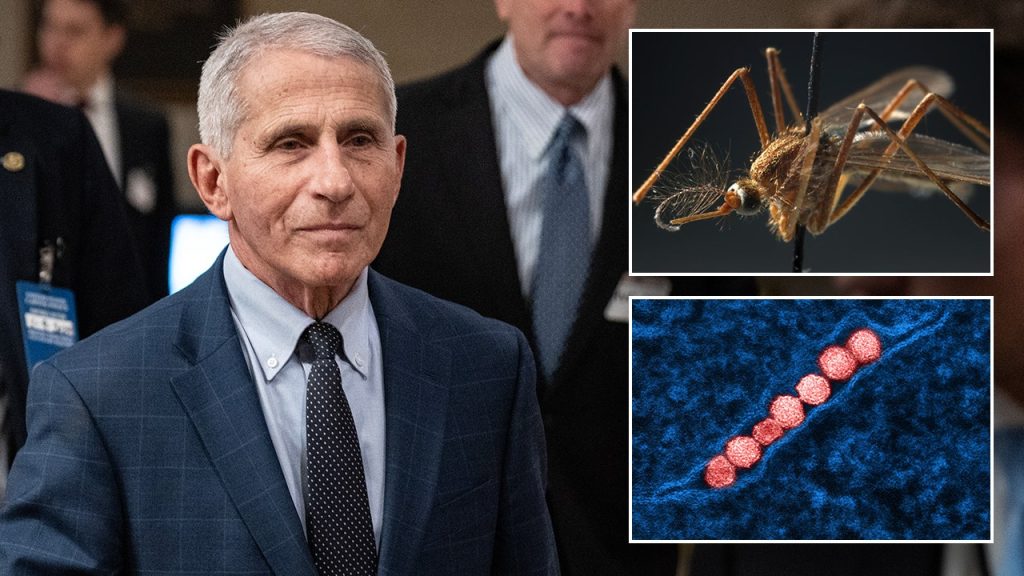Dr. Anthony Fauci, the prominent figure leading the U.S. response to the coronavirus pandemic, was hospitalized earlier this month with the West Nile virus. Fauci, 83, spent six days in the hospital before returning home to continue his recovery. The West Nile virus is commonly spread through mosquito bites and can cause symptoms such as fever, headache, body aches, vomiting, diarrhea, or rash. Despite this, around 80% of people who contract the virus do not exhibit any symptoms. Unfortunately, there are currently no vaccines or treatments available for the West Nile virus.
The virus first entered the U.S. in 1999 and has since become the leading cause of mosquito-borne disease in the country. In most cases, it is spread when infected mosquitoes bite birds and then transmit the virus to humans and other animals. Last year, more than 1,800 people were hospitalized due to the virus, resulting in 182 deaths. Fauci, the former director of the National Institute of Allergy and Infectious Disease (NIAID), is expected to make a full recovery from the West Nile virus. He has been a key figure in advising presidents and leading responses to public health crises for over 50 years before his recent retirement.
Fauci was a prominent figure during the COVID-19 pandemic, frequently appearing on various media outlets to provide medical advice. However, he became a divisive figure politically, with differing opinions on issues such as mask mandates, lockdown policies, and the origins of COVID-19. He engaged in heated discussions with individuals such as Senator Rand Paul regarding the funding of gain-of-function research and the origins of the pandemic. Despite controversies surrounding the origins of COVID-19 and the lab leak theory, Fauci has denied any attempts to suppress information or mislead the public.
Amidst criticisms and controversies, Fauci has defended his actions and decisions during the pandemic. He has emphasized the importance of vaccines in saving lives, stating that they have been crucial in preventing infections and reducing the spread of the virus. He has also addressed concerns about the durability of vaccine protection and the effectiveness of public health measures such as social distancing. Fauci’s statements and recommendations have faced scrutiny and debate, particularly in relation to vaccine mandates for students, employees, and the military. Despite the challenges and criticisms he has faced, Fauci remains committed to public health and the well-being of the population.
Throughout his career, Fauci has been a respected and influential figure in the field of public health. His expertise and experience have played a significant role in shaping responses to infectious diseases and pandemics. Despite facing health challenges such as the West Nile virus, Fauci continues to work towards improving public health and promoting scientific research. His contributions to the field of infectious diseases and his dedication to public service have made him a key figure in times of crisis and uncertainty. As he continues his recovery from the West Nile virus, Fauci’s legacy and impact on public health will remain significant for years to come.













